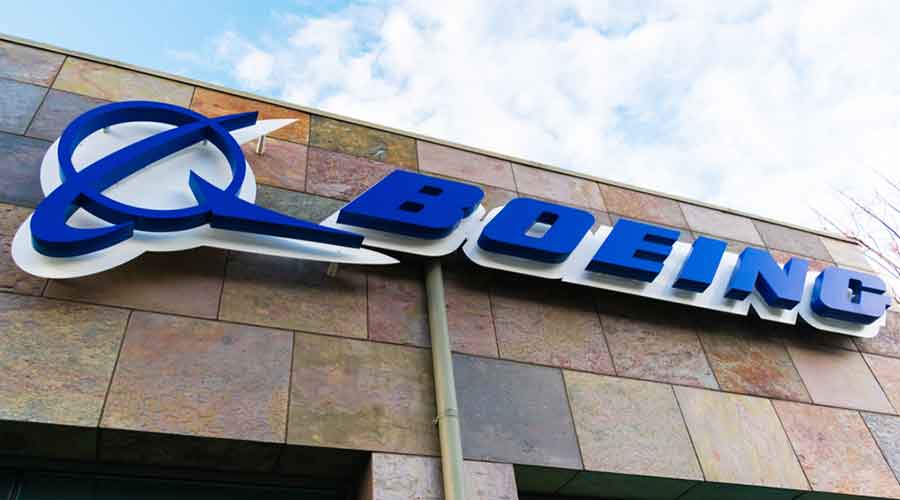Boeing said on Sunday that all 128 of its 777 jetliners powered by a particular Pratt & Whitney engine model should be grounded worldwide until the Federal Aviation Administration determines the best way to inspect the engines.
The aerospace giant issued its recommendation late on Sunday, a day after a 777 operated by United Airlines suffered a dramatic engine failure over Colorado and hours after the head of the FAA said he was requiring “immediate or stepped-up inspections” of planes equipped with the Pratt & Whitney PW4000 family of engines, which are used only on 777s. The vast majority of Boeing 777s are equipped with engines made by GE Aviation.
United, which is the only American carrier affected by the FAA order, said it would temporarily ground the two dozen 777s powered by that Pratt & Whitney model that it had been flying. The National Transportation Safety Board is leading an investigation into the crash.
“While the NTSB investigation is ongoing, we recommended suspending operations of the 69 in-service and 59 in-storage 777s powered by Pratt & Whitney 4000-112 engines until the FAA identifies the appropriate inspection protocol,” Boeing said in a statement.
Earlier on Sunday, the FAA’s counterpart in Japan had ordered airlines there to stop flying 777s equipped with those engines, affecting 32 jets operated by All Nippon Airways and Japan Airlines, a move that Boeing said it supported.
The only other country with carriers that fly that plane-and-engine combination is South Korea, according to the FAA Korean Air said on Monday that it planned to ground its planes but that it was waiting for guidance from local regulators. Another carrier, Asiana Airlines, said it had temporarily stopped operation of the 777s.
“We reviewed all available safety data following yesterday’s incident,” the FAA’s administrator, Steve Dickson, said in a statement on Sunday. “Based on the initial information, we concluded that the inspection interval should be stepped up for the hollow fan blades that are unique to this model of engine.”
Dickson said the FAA was working with its counterparts around the world and said its safety experts were meeting “into the evening” with Pratt & Whitney and Boeing to address the required inspections. Pratt & Whitney, a division of the aerospace and military giant Raytheon Technologies that makes jet and helicopter engines, did not immediately respond to requests seeking comment.
Soon after United Flight 328 departed Denver for Hawaii on Saturday, the right engine failed, shedding debris across three neighbourhoods before the plane returned safely to Denver, according to the authorities. None of the 229 passengers or 10 crew members were injured.
The National Transportation Safety Board said on Sunday that an initial investigation showed that two fan blades in the plane’s Pratt & Whitney PW4077 engine had fractured and that the cowling, or covering, had separated from the engine. Investigators are examining the engine and airplane as well as photographs and video taken by passengers. The cockpit voice recorder and flight data recorder were taken to Washington for analysis.
United said in a statement that “safety remains our highest priority — for our employees and our customers”. In addition to the two dozen planes it was grounding, United said it had 28 more Boeing 777s equipped with the engine model in storage.
While the American and Japanese orders affect relatively few planes, they represent yet another blow to Boeing, which is suffering from two recent major crises: the 18-month global ban of the 737 Max following two fatal crashes and a slowdown in worldwide travel caused by the coronavirus pandemic. The FAA in November became the first global aviation authority to lift its ban on the Max, and its counterparts in several other jurisdictions have since followed suit.
The 777 is a large, twin-aisle plane typically used to fly long distances. Its first passenger flight, operated by United, was in 1995. So far, Boeing has delivered 1,600 of the jets to customers around the world.
New York Times News Service











